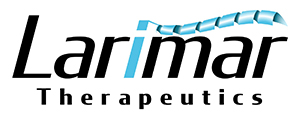Zafgen Announces Cardiovascular Data from Phase 1b Study of ZGN-433 in Obesity at American Diabetes Association Annual Meeting
Results Show MetAP2 Inhibitor Treatment Improves Cardiovascular Risk Markers in Severely Obese Subjects Company Also Announces Initiation of Dose Escalation Trial in Obese Women
CAMBRIDGE, Mass., June 24, 2011– Zafgen, Inc., a pharmaceutical company pioneering
novel obesity therapeutics to help the body regain and sustain a lean, healthy state by targeting
imbalances in fat metabolism, today announced new data from a Phase 1b study of ZGN-433, a
selective methionine aminopeptidase 2 inhibitor (MetAP2), which showed a significant
improvement in cardiovascular risk markers in severely obese subjects. Treatment with ZGN-
433 was associated with rapid and significant improvements in low-density lipoprotein (LDL)
cholesterol, triglycerides and C-reactive protein (CRP) levels, with no evidence of major
tolerability or safety issues. The study results build on the positive Phase 1b safety and weight
loss data presented earlier this year, further demonstrating that MetAP2 inhibition treatment is a
promising new approach for treating severe obesity. The data will be presented in a poster
session at the American Diabetes Association’s 71st Annual Scientific Sessions in San Diego on
June 26 at noon P.D.T.
“This short-term treatment of less than four weeks with ZGN-433 improved multiple
cardiovascular risk factors important in obesity and diabetes,” said Thomas Hughes, Ph.D.,
president and chief executive officer, Zafgen, Inc. “The study also confirmed preclinical findings
that MetAP2 inhibition leads to changes in fat metabolism and adipose tissue-derived hormones
leptin and adiponectin, both hormones controlling energy balance and fat metabolism.
Management of cardiovascular disease risk is critical in the setting of weight management,
making these findings very significant for the future development and potential use of MetAP2
inhibitors in the treatment of obesity.”
The Phase 1b trial was a randomized, double-blind, placebo-controlled study to evaluate the
safety, tolerability and efficacy of intravenously administered ZGN-433 in severely obese women with a
body mass index (BMI) of 37.8±0.6 kg/m2. Individuals received ZGN-433 at 0.1 mg/m2, 0.3 mg/m2, 0.9
mg/m2 or placebo twice weekly by intravenous administration over a four-week period. Patients were
allowed to eat normally and were not counselled to change their exercise habits. The trial enrolled 31
subjects. Twenty-six people completed the study. After 26 days of treatment, subjects had decreased
LDL cholesterol levels by 22 percent in the group that received 0.9 mg/m2 of ZGN-433 versus a two
percent increase in the placebo group (p=0.02). Additionally, CRP, a well-recognized risk factor for
cardiovascular disease that is increased in obese patients, decreased 64 percent in the group that
received 0.9 mg/m2 of ZGN-433 versus 12 percent for placebo (p<0.001). Blood pressure did not change
with treatment. No treatment-related serious adverse events were observed. Consistent with results
seen in obese mouse models, treatment with ZGN-433 at a dose of 0.9 mg/m2 increased β-
hydroxybutyrate, an indicator of fat oxidation, by 188 percent (p<0.05), increased plasma adiponectin
concentrations by 59 percent (p<0.005) and increased the ratio of adiponectin/leptin by 241 percent
(p=0.001). Insulin and glucose were not affected by treatment in this non-diabetic study population.
In addition, Zafgen announced the company is initiating a second trial for ZGN-433 in obese
females. The Phase 1b study will demonstrate the safety and tolerability of ZGN-433 at fixed
doses of 3.0 mg or 6.0 mg twice weekly for four weeks, in patients with starting BMI up to 50
kg/m2. In earlier Phase 1b obesity studies, the highest dose tested was 0.9 mg/m2, or
approximately 1.9 mg twice weekly.
“Zafgen’s second Phase 1b study will allow us to test ZGN-433 at higher dose levels with the
goal of demonstrating maximal efficacy at safe doses,” said James Vath, head of drug discovery
and development, Zafgen, Inc. “We are pleased to be further advancing Zafgen’s MetAP2
inhibitor program in development for the treatment of severe obesity, and look forward to
initiating Phase 2 trials in obese patients and obese diabetic patients in the coming year.”
Research continues to show that obese and lean individuals metabolize fat differently. Studies
indicate that once a person becomes obese, the body undergoes certain metabolic changes and is
“programmed” to make and store more fat, making it much more difficult to reduce body weight.
These metabolic adaptations that take place in obese people impair the normal release and
breakdown of fatty acids from adipose tissue. Simultaneously, the body becomes much more
efficient in diverting calories from food and storing them as fat.
Zafgen’s novel approach to treating obesity focuses on targeting imbalances in fat metabolism to
restore control of key metabolic processes, releasing stored fat, which then is used by the body as
fuel. MetAP2 inhibitor treatment works by re-establishing balance to the ways the body
processes fat, leading to substantial loss of excess body weight and improved glucose tolerance
in people who are obese. The company’s program distinguishes itself from most other drugs in
development for obesity that target the brain to reduce food intake, and it provides an exciting
new way to potentially treat this serious disease.
About ZGN-433
MetAP2 inhibitor treatment has the potential to be the first new class of obesity therapeutics to
provide the severe obese population with significant weight loss efficacy. Zafgen’s lead molecule is being
developed as a twice-weekly subcutaneous injection for severe obesity. The
company expects to enter Phase 2 trials in obese patients and obese diabetic patients in the next
six to 12 months. Zafgen is also developing new compounds suitable for oral administration for
use in broader indications as part of its second generation program. ZGN-433 was initially
developed by CKD Pharmaceuticals. The molecule was originally profiled for efficacy in the
treatment of solid tumors. Zafgen holds exclusive worldwide rights (exclusive of Korea) for
development and commercialization of ZGN-433.
About Obesity
Obesity continues to be one of the world’s most costly and underserved growing medical
conditions. It is a complex condition with numerous causes, many of which are largely beyond
an individual’s control1. There exists a tremendous unmet medical need for effective drug
therapies to treat this serious disease, which has reached epidemic proportions and is increasing
at an alarming rate. Obesity leads to many serious health consequences. As BMI increases, so
does one’s risk for chronic diseases such as cardiovascular disease, diabetes, musculoskeletal
disorders and some cancers2. Currently available weight loss treatments function by blocking fat
absorption or signalling feelings of fullness or diminished appetite in the brain. These drugs are
often associated with undesirable side effects and limited efficacy that fails to provide
sustainable weight loss in many patients.
According to a recent Gallup poll, Americans are making no progress in the fight against obesity,
with a slight increase in obesity rates across all key demographic groups between January 1,
2008 through April 30, 2010. The study found that adult obesity rates did not decrease between
2009 and 2010, with the rate of obesity remaining stable at 26.7 percent in the first quarter of
2010, compared to 26.2 percent in the last quarter of 2009, and that fewer Americans are
maintaining a “normal” weight as measured by BMI3.
About Zafgen, Inc.
Zafgen is pioneering novel obesity therapeutics that directly target fat metabolism to help the
body regain and sustain a lean, healthy state. The company’s approach focuses on restoring
control of key metabolic processes, releasing stored fat which then is used by the body as fuel.
Zafgen’s first generation product, beloranib, is being studied for use as a pharmacological
alternative to bariatric surgery in the treatment of severe obesity. Zafgen's leadership and
scientific advisors include leading experts in obesity, metabolic disorders and medicinal
chemistry. Founded in 2005, the company is located in Cambridge, Mass. For more information,
visit www.zafgen.com.


